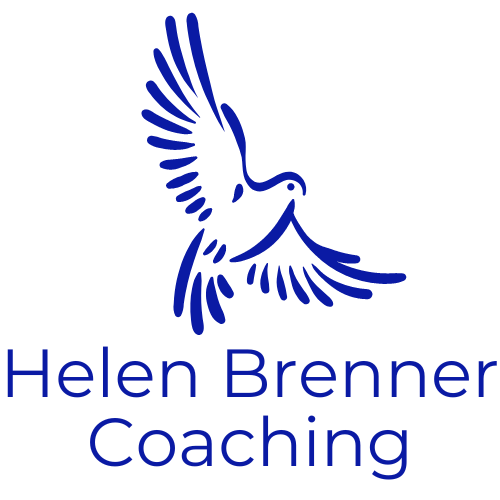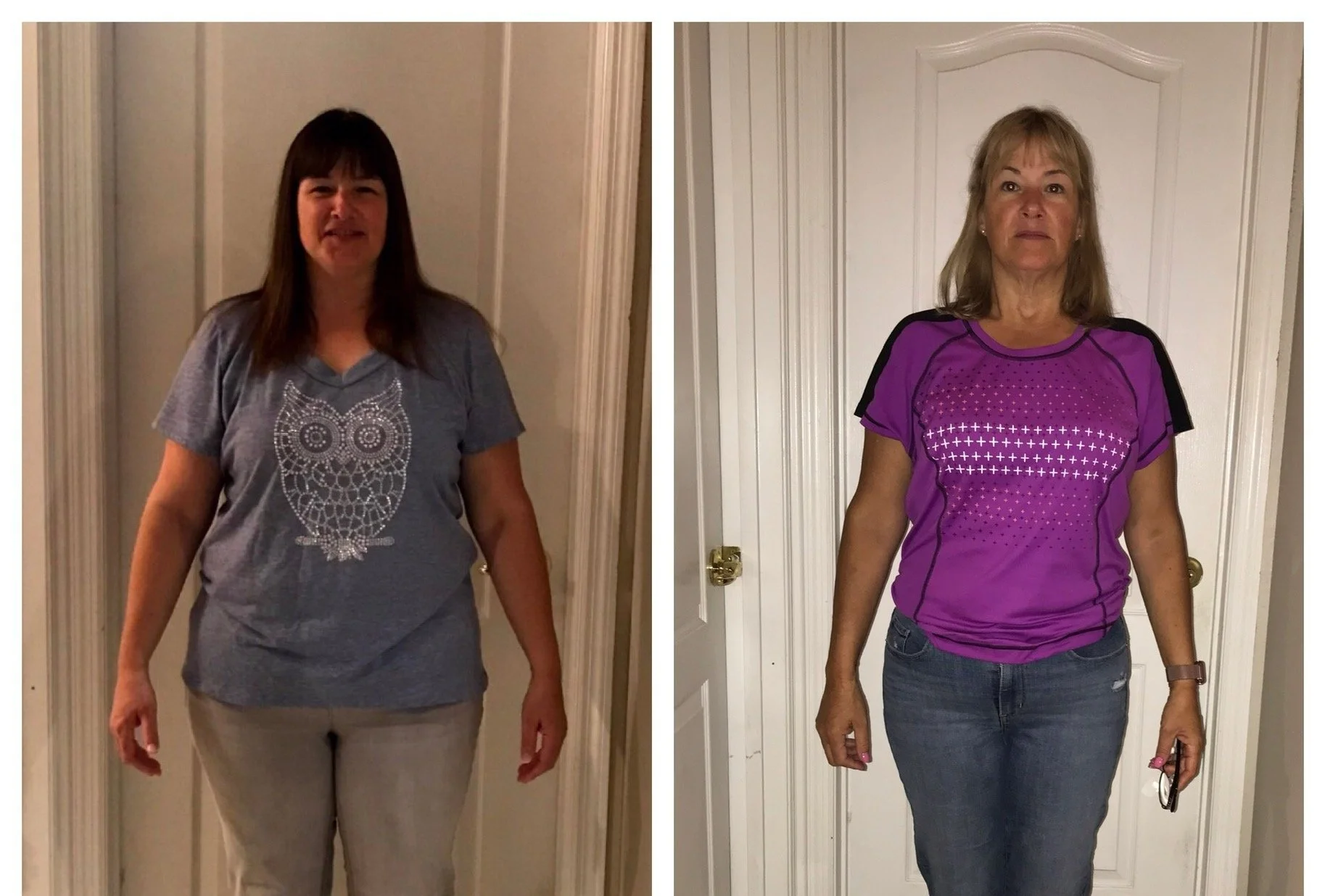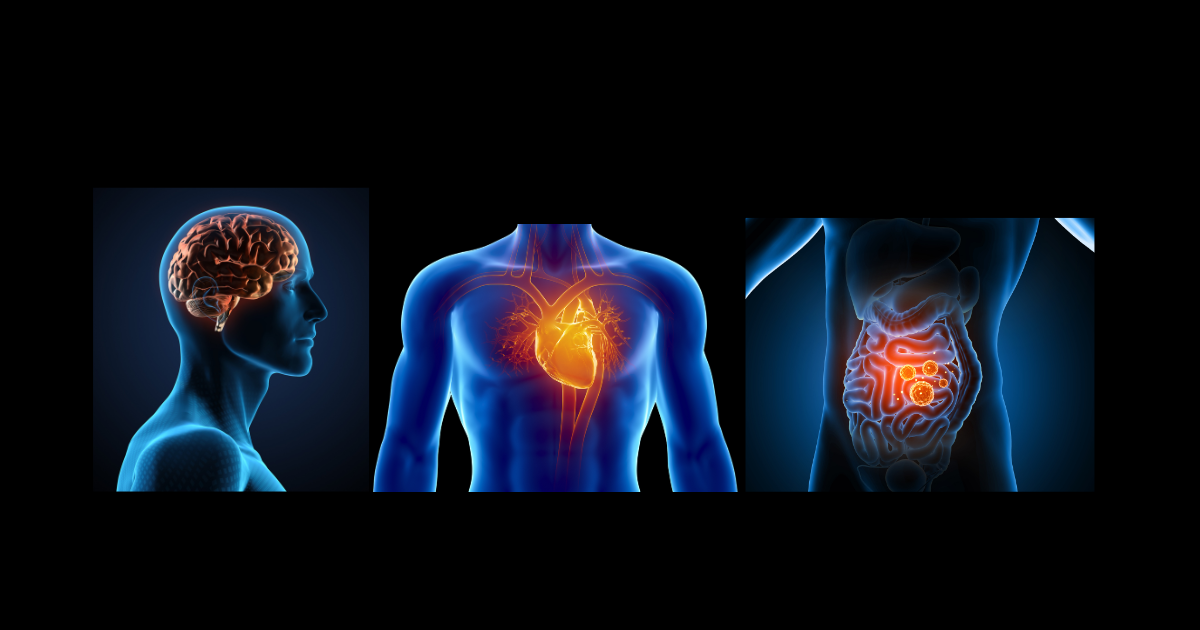Getting Past Survivor
A Journey to Wholeness
Blog & Podcast
Hey there! Welcome to "Getting Past Survivor, A Journey to Wholeness," a blog and podcast where I openly share my personal journey of triumphing over trauma and loss. And, through my writing and speaking, you'll hear stories from other trauma survivors who really want to share their own experiences but prefer to remain anonymous, entrusting me to speak on their behalf.
This podcast is dedicated to creating a safe haven for vulnerability and fostering meaningful connections. Through sharing my stories, my aim is to offer guidance, hope, and inspiration to those who may be navigating their own healing paths. Together, we will unravel the complexities of trauma and loss, unearthing the strength within us to overcome adversity.
Whether you have encountered personal hardships or are looking to understand and support others who have, "Getting Past Survivor, A Journey to Wholeness" is here to accompany you on your journey. I firmly believe that by acknowledging our pain and embracing our vulnerabilities, we can discover the inner strength necessary to triumph over any challenge.
To read more about my story: The Reason for Getting Past Survivor
The Unconscious Key to Change
Change feels hard because your brain craves ease. Learn how aligning your unconscious mind makes transformation effortless.
Create Your Future
Ready to shape your future? Future pacing helps you align your mind and emotions to turn your goals into reality. Discover how this powerful technique can transform your path—read more!
Are You Reacting to Life or Proactively Shaping It?
Do you feel like life is happening to you, leaving you scrambling to catch up? Living in reaction mode can be exhausting, driven by fear and the need to survive the moment. But what if you could step out of the cycle? What if you could purposefully create your life starting now?
The Weight We Carry Isn’t Always Measured in Pounds
Our relationship with food runs deeper than we realize, often tied to emotions we haven’t faced. It’s not about willpower—it’s about understanding what’s really driving the choices we make.
Love Starts with Self-Trust
Discover how true love starts with self-trust. Explore the role of trust and attachment in building relationships that last—beginning with trusting yourself first.
Healing from the Inside Out
For most of my life, food was my comfort, and weight was my shield. Losing 50 pounds felt like a victory, but as the pounds dropped, so did my sense of security. Looking good on the outside doesn’t heal the wounds you carry inside. Real change happens when you heal from within and learn to love yourself at every size. It’s not about the number on the scale—it’s about shedding the emotional weight that’s been holding you back.
Detaching from Attachment
Explore how attachment, as vital as food and oxygen, shapes our lives and emotions. From early unhealthy connections to the deep, mutual bond of true love, the journey of detaching from attachment can lead to profound healing and self-discovery. This reflection delves into the balance between honoring meaningful relationships and maintaining one's sense of self after loss.
The One True Brain (and the Other Two "Brains" People Like to Talk About)
Explore the fascinating connection between the brain, heart, and gut—the three "brains" that influence your emotions, physical health, and overall well-being. Learn how these systems communicate with each other and how understanding this connection can help you improve mental clarity, emotional resilience, and even physical health.
Neuroplasticity: How to Rewire Your Brain for Growth
Neuroplasticity is the brain's ability to adapt and change, helping you build new neural pathways and strengthen cognitive flexibility. By engaging in activities like learning, physical exercise, mindfulness, and proper nutrition, you can enhance brain function, recover from emotional and physical injuries, and improve overall well-being. Discover how neuroplasticity supports growth, creativity, and emotional resilience, empowering you to thrive in all areas of life.
The Brain-Body Connection
Our bodies respond to stress, pain, and emotions in ways that might seem mysterious, but it all comes down to the brain. Let's talk about the science behind how your brain controls every sensation through a complex network of communication pathways. Learn how to tap into this connection using visual, auditory, and sensory techniques to manage stress, reduce tension, and create lasting calm.
I Knew What Love Was
In this follow-up blog, I dive deeper into the conflicting messages I received about love and intimacy, and how they shaped my beliefs. Growing up, I witnessed the powerful bond my parents shared through their 63-year marriage, but at the same time, I endured a childhood of sexual abuse, which distorted my sense of self-worth.
A People Pleaser Reclaims Herself
For years, she carried the weight of others' expectations, always putting herself second. Raised in a home filled with guilt and shame, her need to please turned into perfectionism. But now, she’s letting go of those burdens and living for herself. Read her full story of transformation.
The Little Things Matter
Micro-traumas—those small, often overlooked moments of hurt or rejection—can have a big impact on your emotional well-being. While they might seem insignificant at the time, these subtle experiences can accumulate over the years, shaping your self-esteem, relationships, and even your everyday decisions. It’s not just the big, life-changing events that leave a mark; the little things matter too.
From Sexual Healing to True Connection
For years, I believed that my worth was tied to fulfilling others' needs. Marvin Gaye’s “Sexual Healing” echoed my experience of being used and discarded. But healing came when I opened up to real love—one built on genuine connection, not just physical needs. True intimacy is about mutual respect and deep emotional bonds.
Remember to Forget / Forget to Remember
Have you ever considered how much control you have over your own memories? The concepts of “remembering to forget” and “forgetting to remember” reveal that we can actively choose how we deal with our past and present experiences.
The Power of “YET”
In facing challenges, the words we use shape our mindset. "YET language"—phrases like “so far,” “until now,” or “beyond this point”—shifts our focus from past limitations to future possibilities. Instead of seeing problems as permanent, "YET language" helps us view them as temporary obstacles with the potential for growth.
15 Things You Can Be Okay With While Healing from Trauma
Healing is a personal journey, and it’s okay to experience various feelings and needs along the way. This blog explores 15 aspects of the healing process and offers sensory-focused tips to help you connect more deeply with yourself. Embrace each part of your journey with compassion and remember, support is always here if you need it.
Move Beyond "I Don’t Know"
The phrase “I don’t know” can show up during simple choices, like picking what to have for lunch, and when we’re faced with major life decisions. It happens because we’re disconnected from our unconscious mind, where intuitive wisdom resides. By listening to sensory cues, we can move beyond indecision and gain clarity, and move into “I DO know!”
Easy Nervous System Reset
In today's busy world, stress is common and can lead to anxiety and other health problems. Purposeful breathing helps manage stress by balancing the autonomic nervous system. Learn how techniques like belly breathing and box breathing can promote relaxation and improve well-being.
Achieve Those Lingering Goals!
Uncover and overcome hidden blocks in your long-standing goals. Reflect deeply, identify obstacles, and develop strategies to finally achieve your dreams with structured journaling.




















